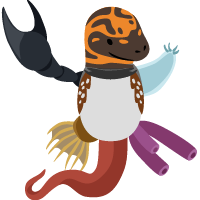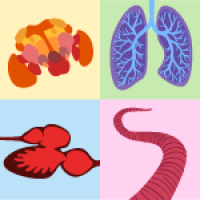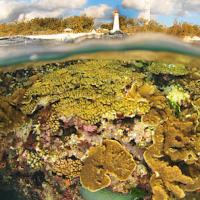 Tin Hang (Henry) Hung
Tin Hang (Henry) Hung
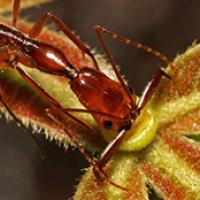 Jessica Tay Ying Ling
Jessica Tay Ying Ling
 Ananya Sen
Ananya Sen
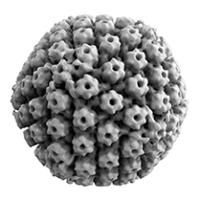 Ian Vicino
Ian Vicino
Frankenstein's Lab
Karla Moeller
Dr. Frankenstein needs your help to learn about how the bodies of different animals work! Build your own creature from 3-D printed animal parts and learn why some parts match up, but others don't in this physiology game.
Learn more about our tools that explore how animal bodies work at Frankenstein Central.
Focusing on Physiology
Karla Moeller
Pierce Hutton
As you go about your day, breathing and thinking, with your heart beating, your body is working. It sends and receives signals, grows, and stores fat, among hundreds of other functions. All of these functions make up your physiology, or how your body works. The same is true for every living animal.





